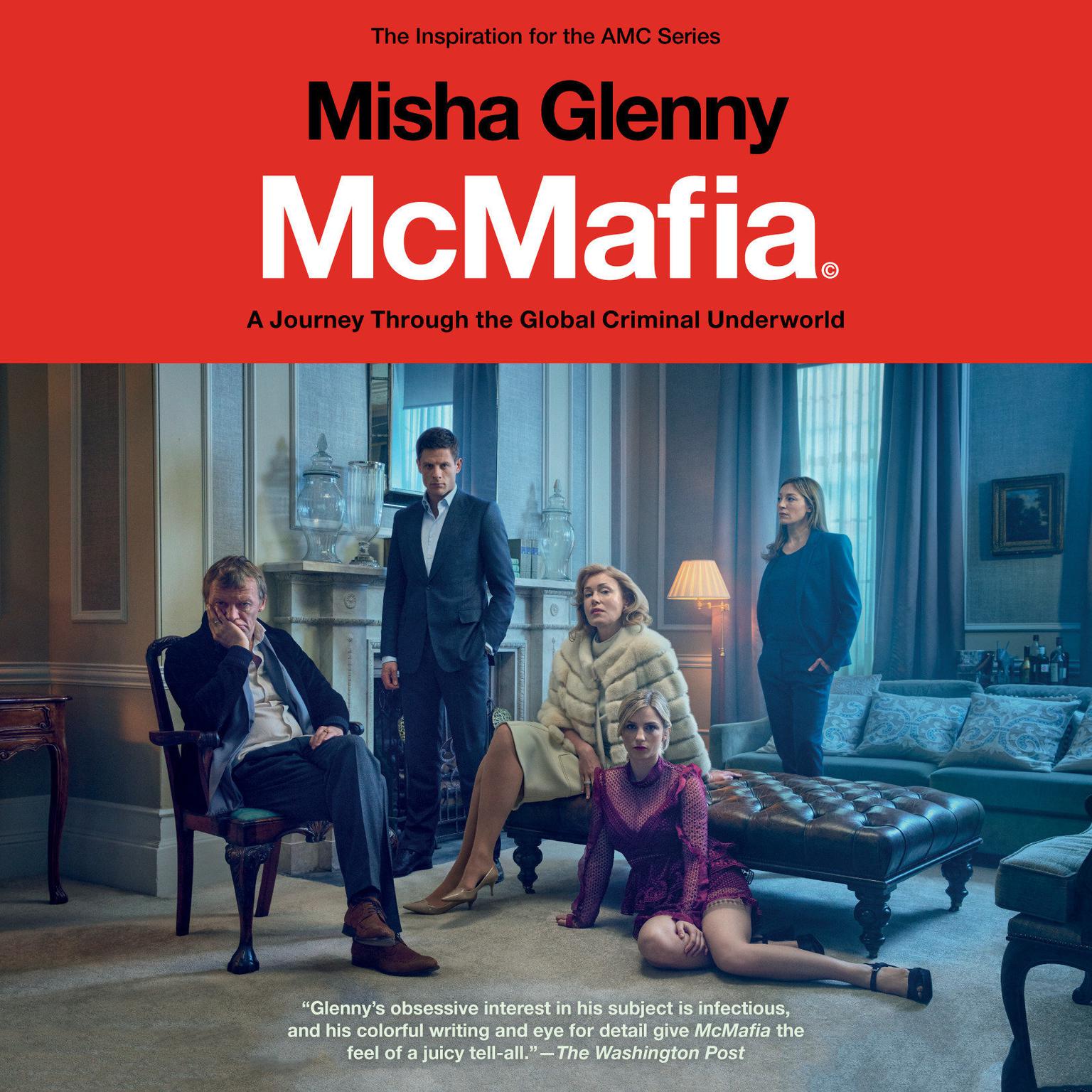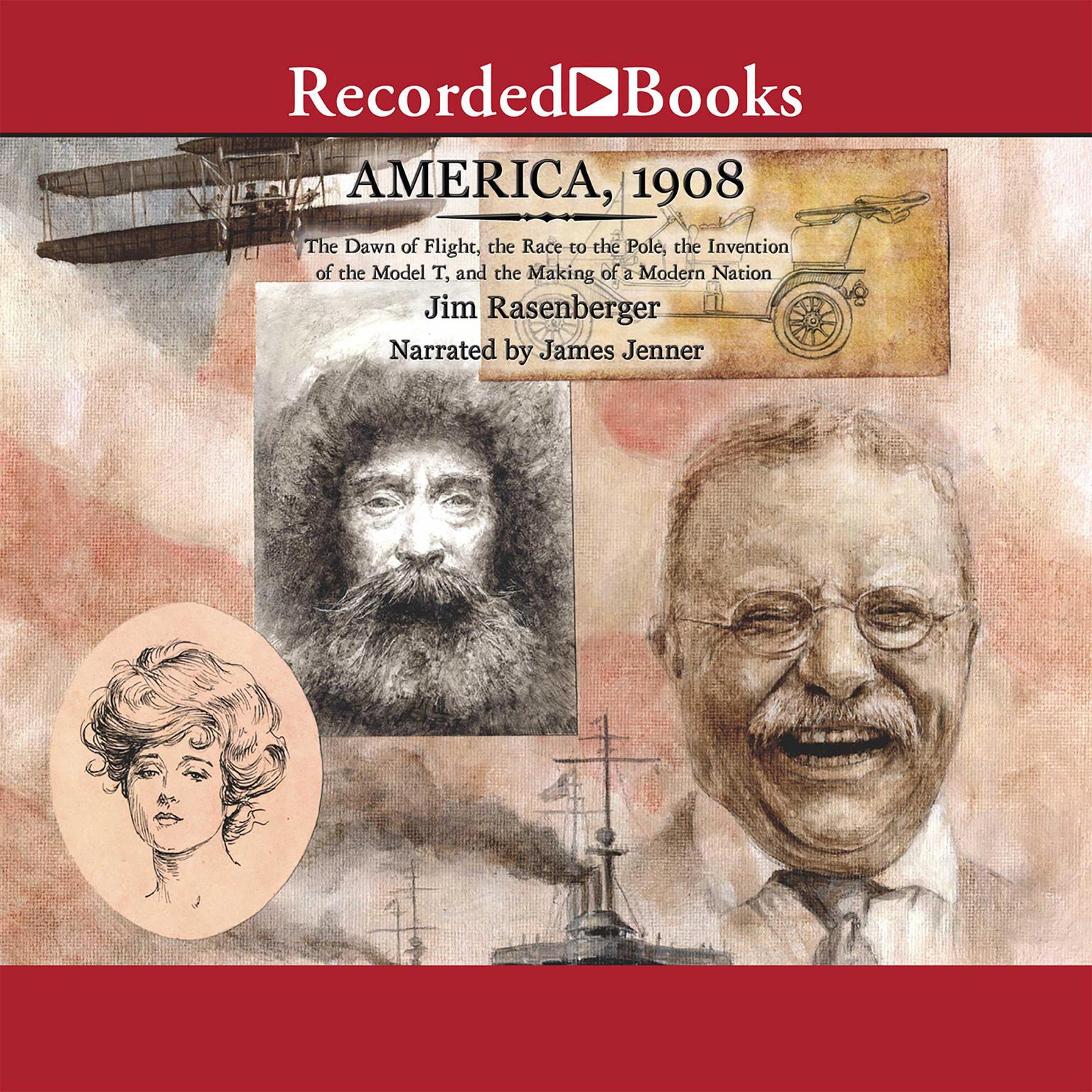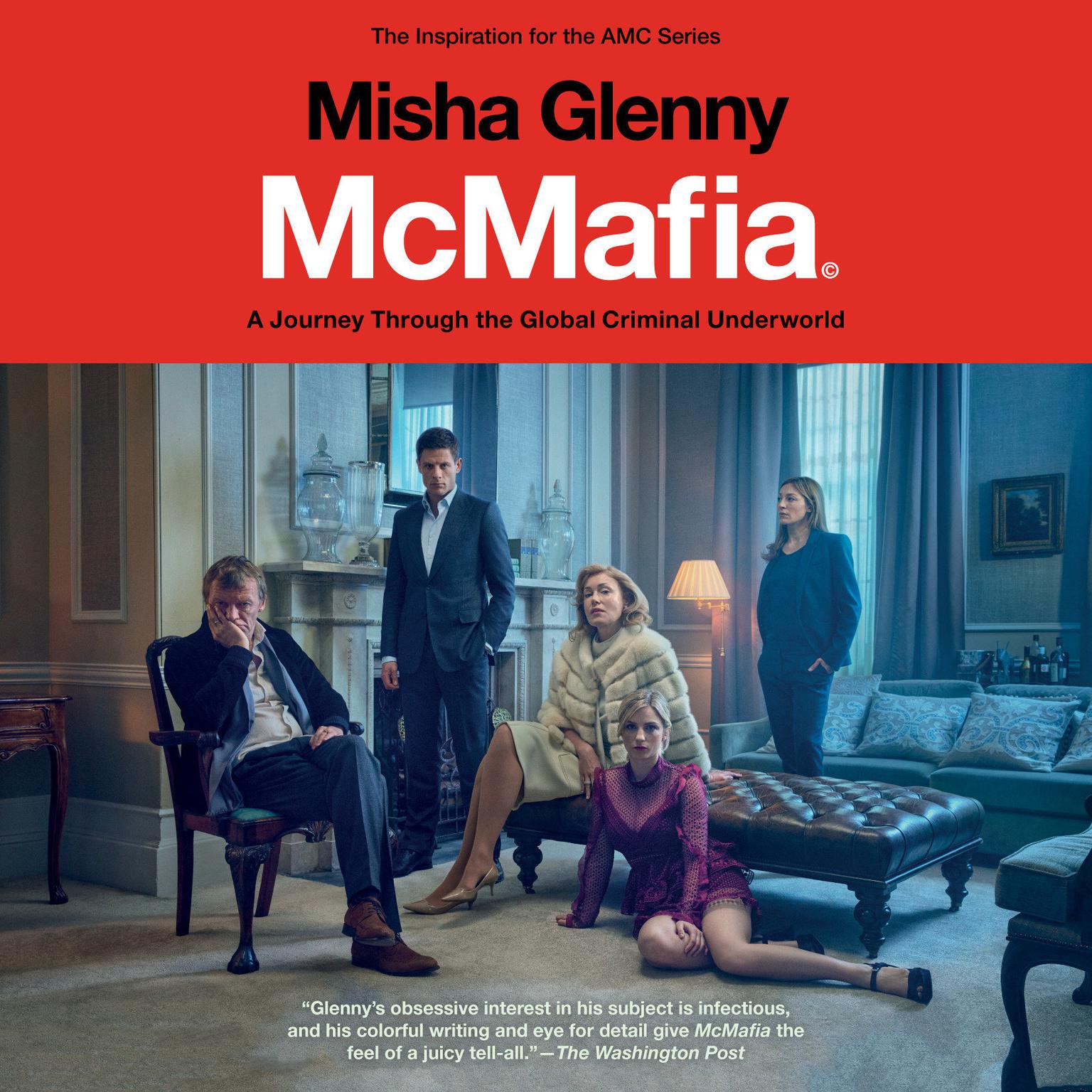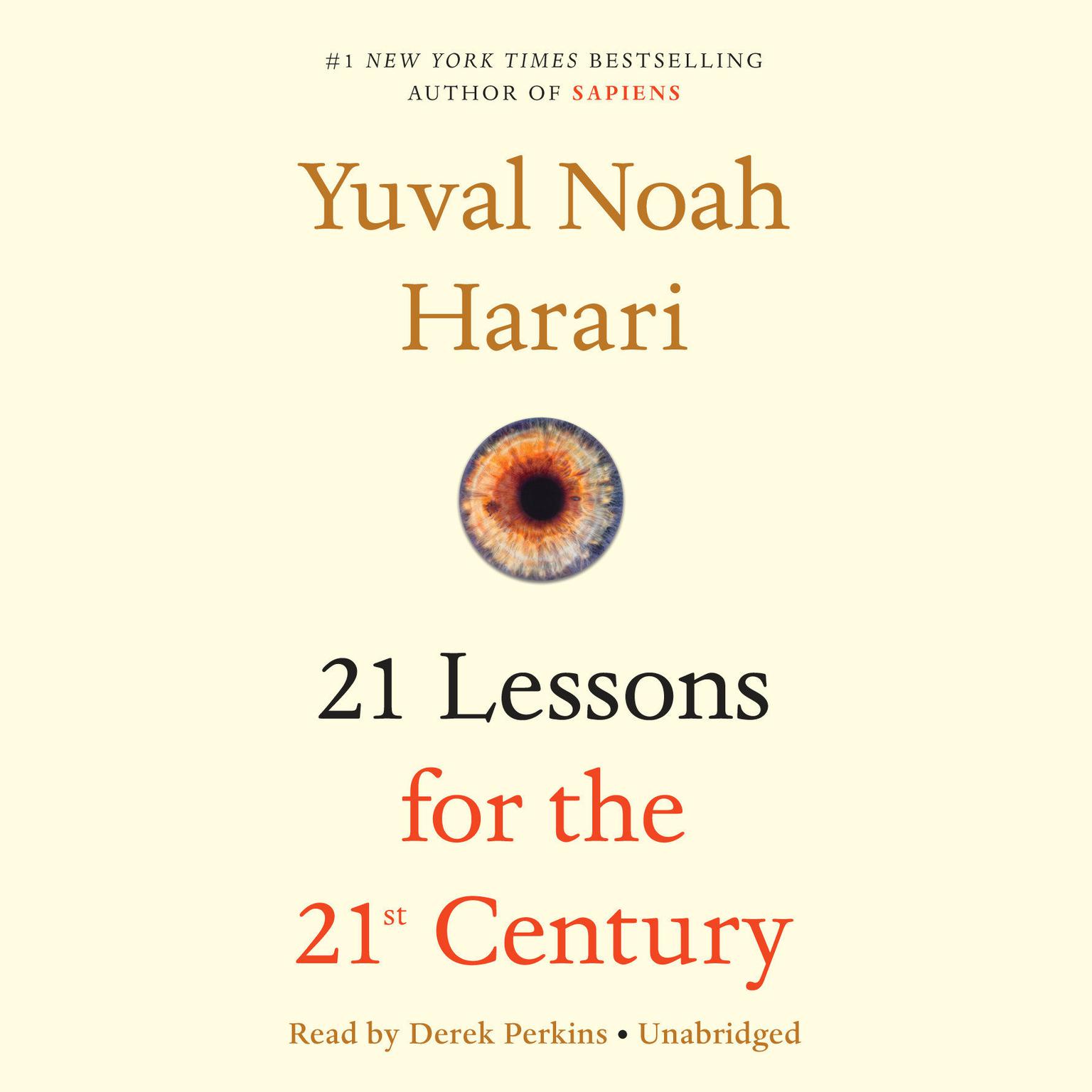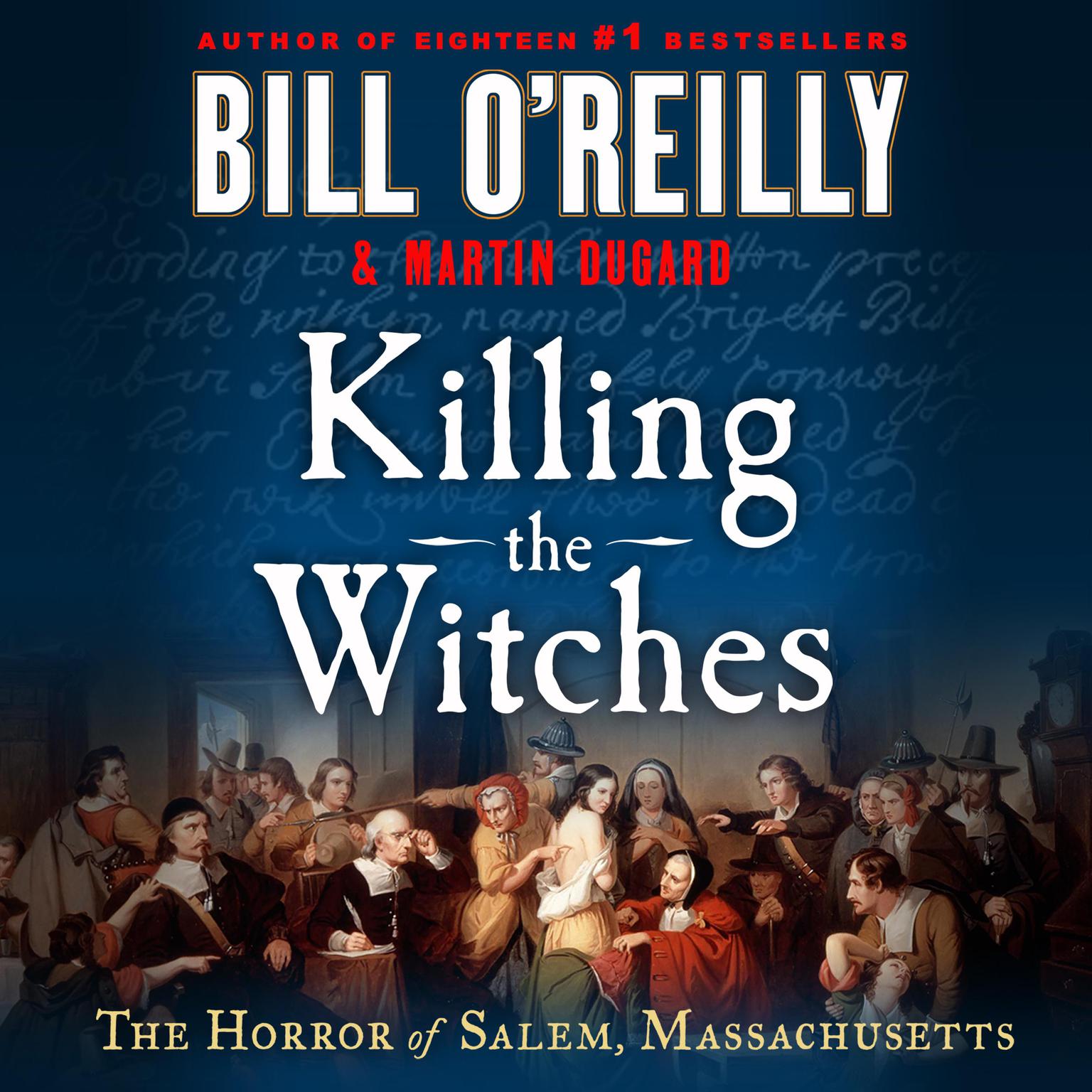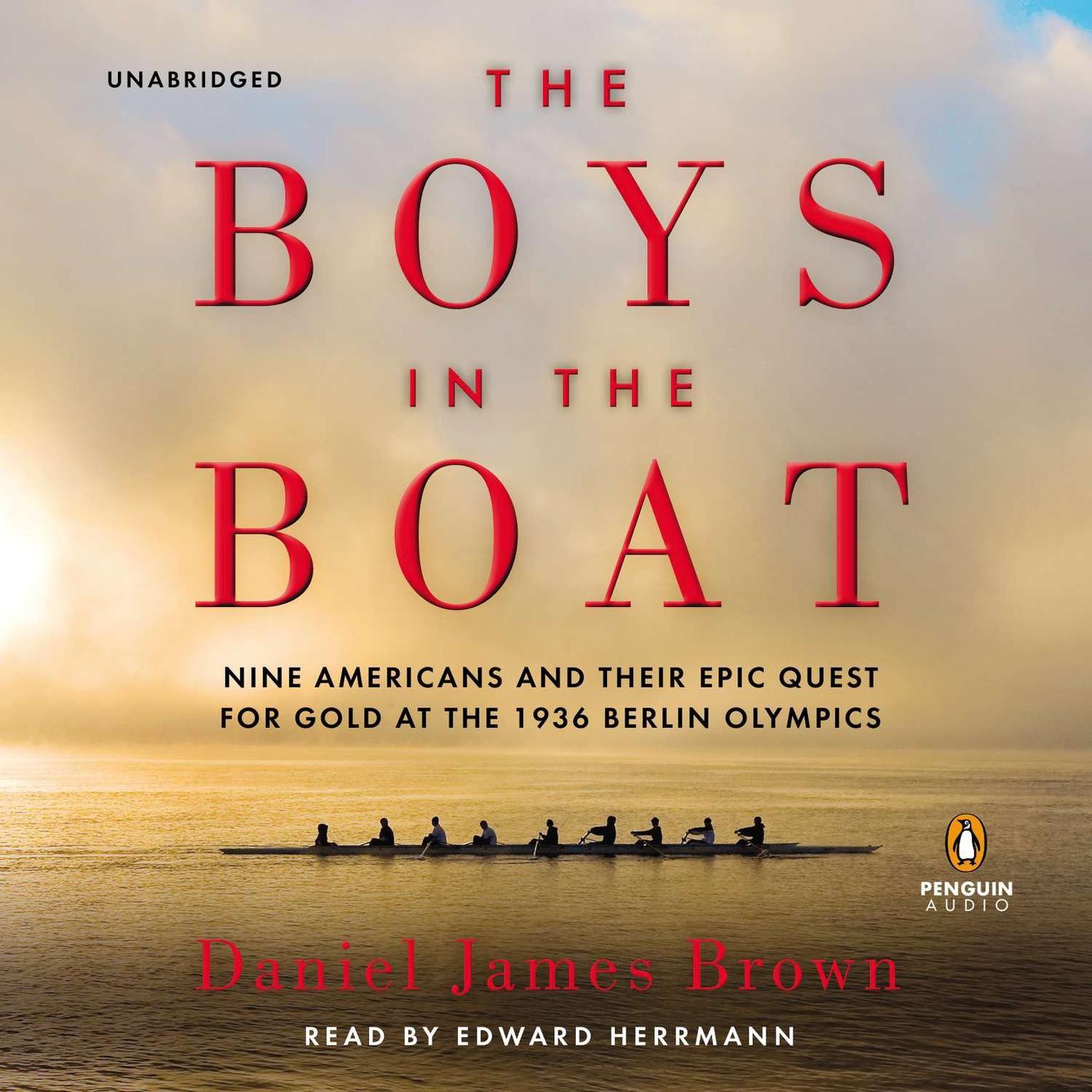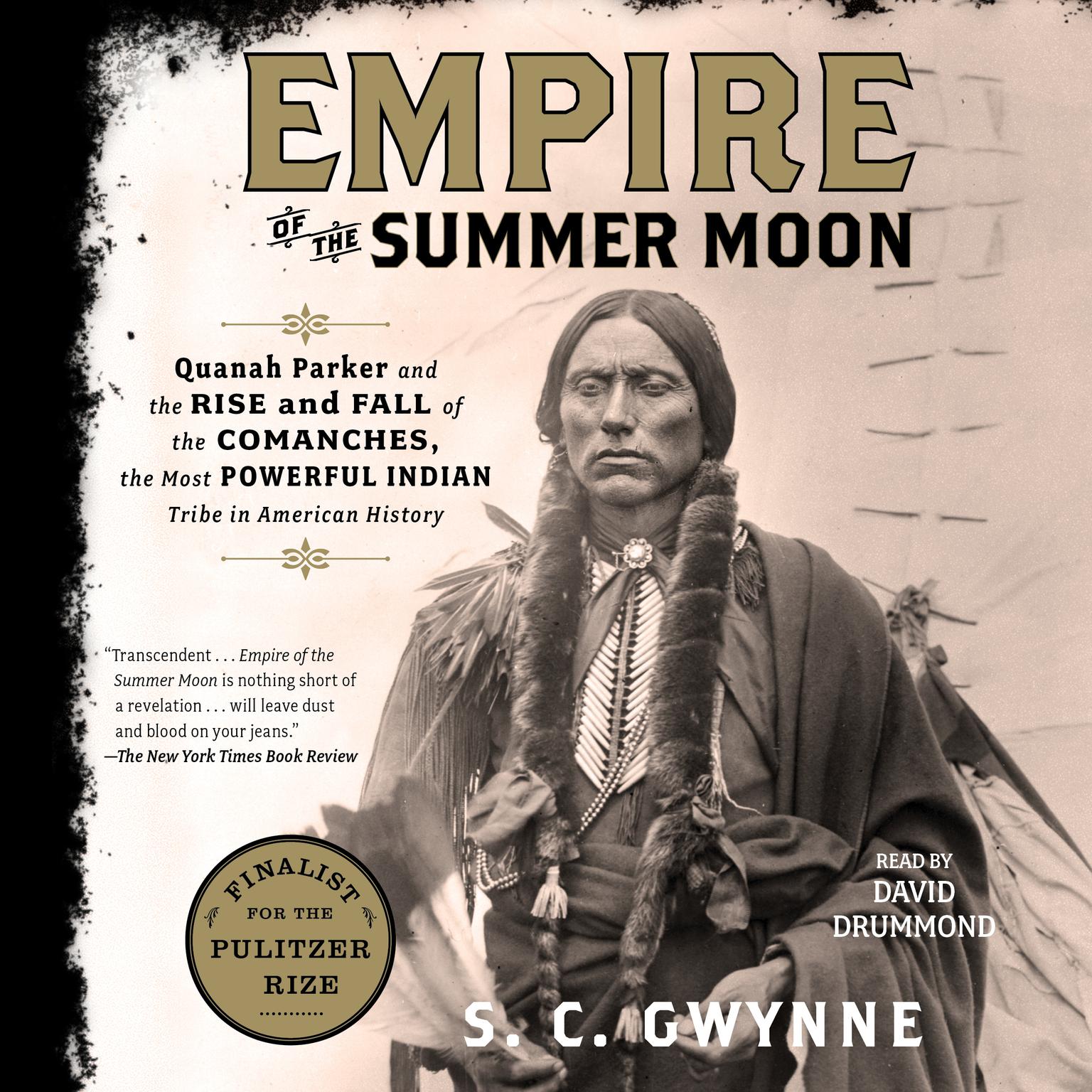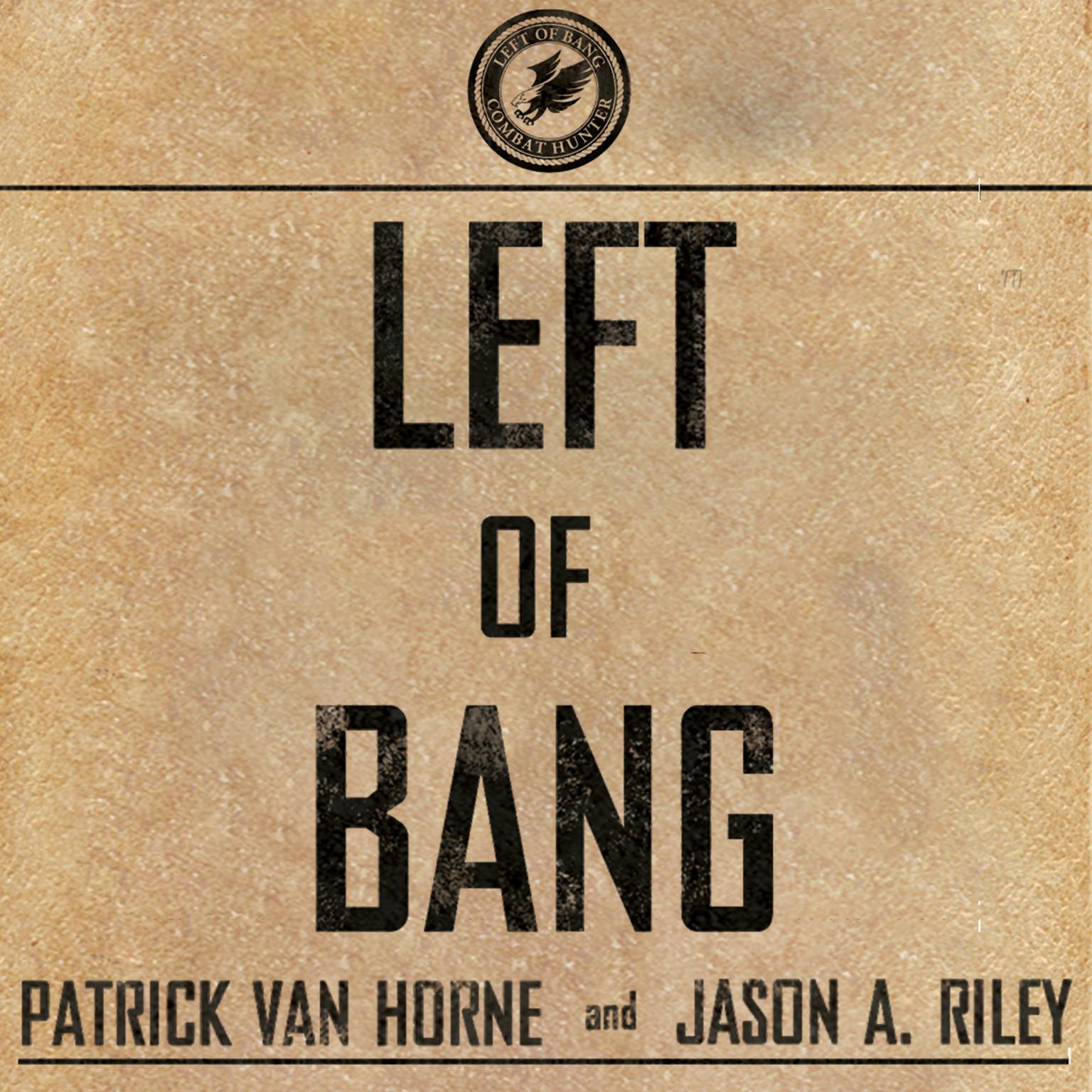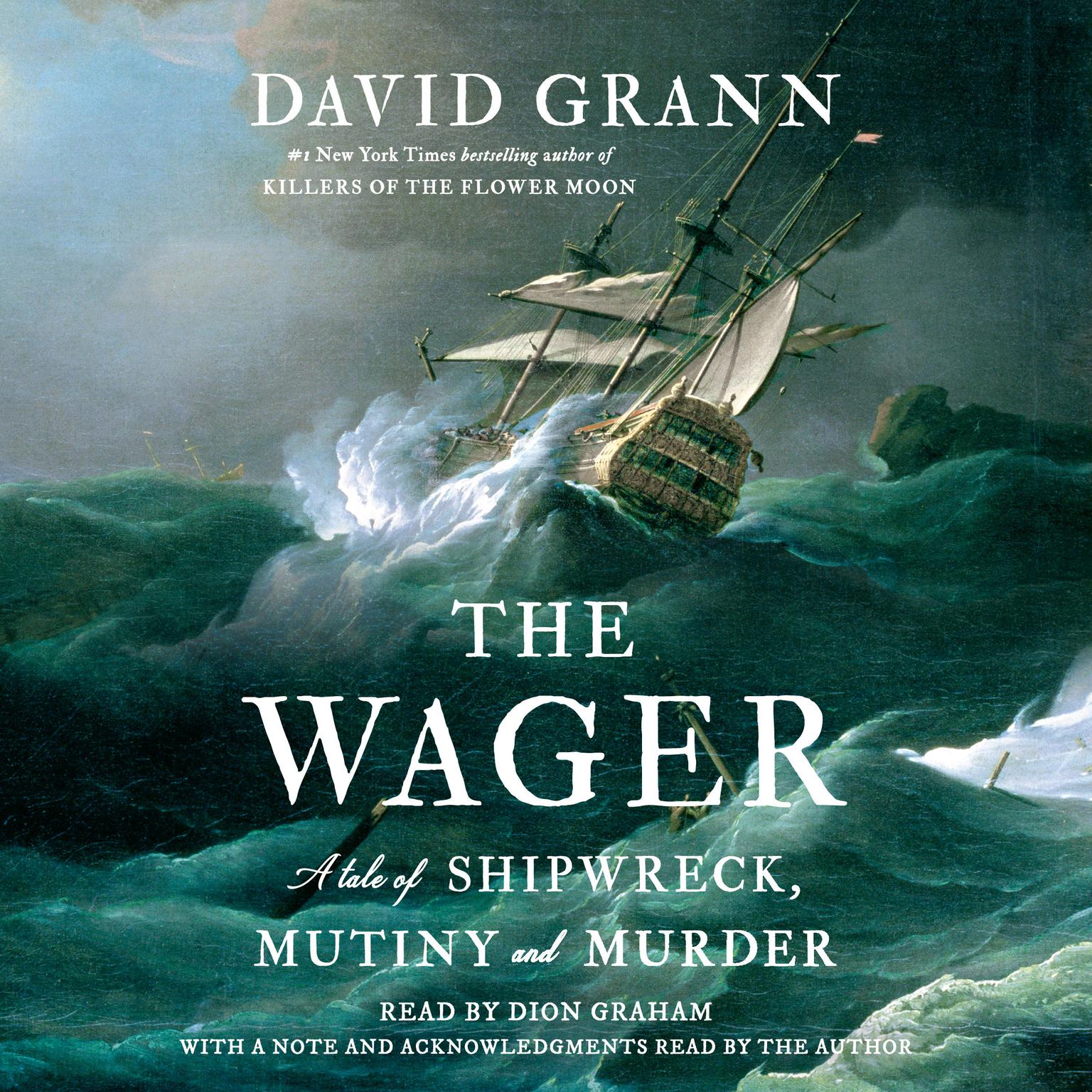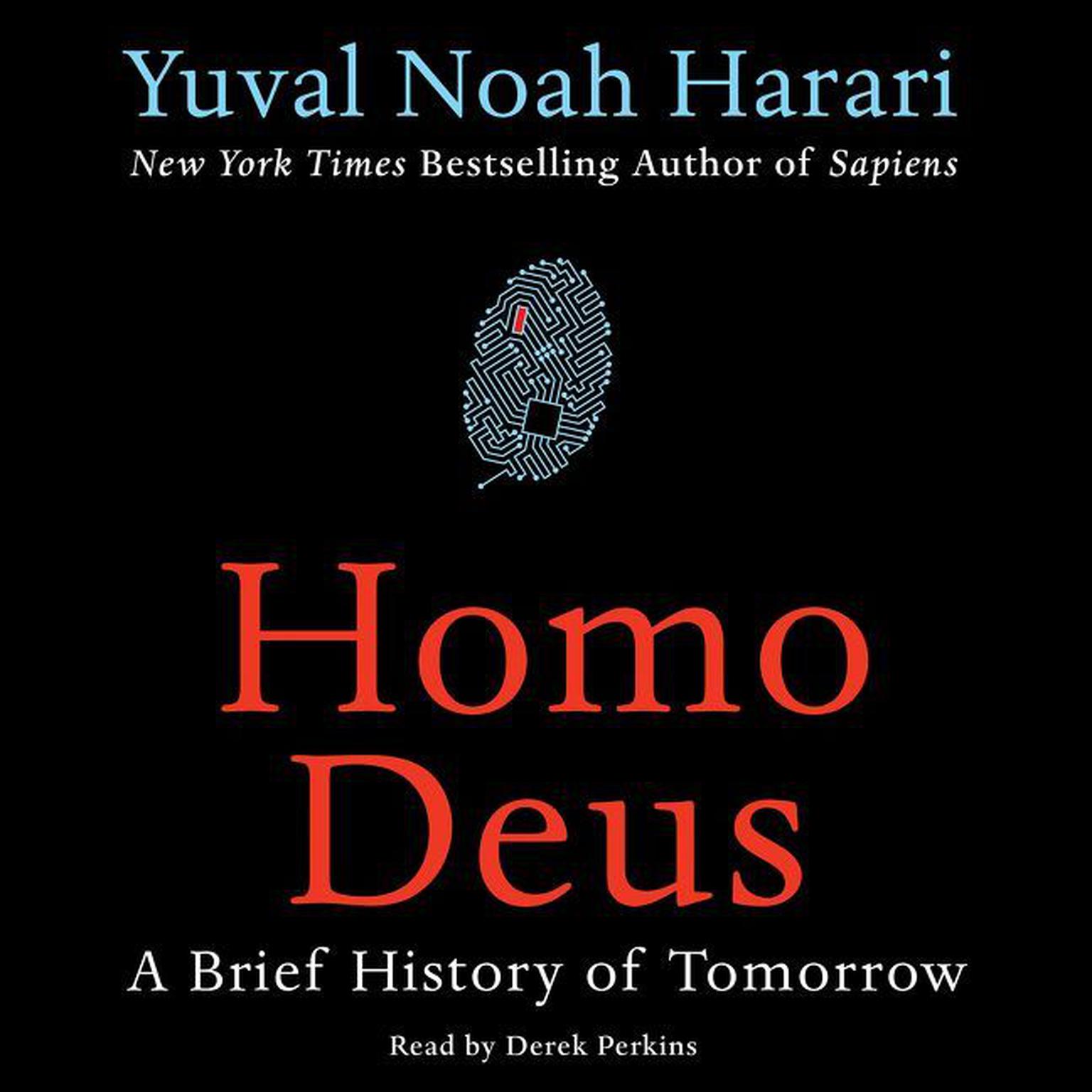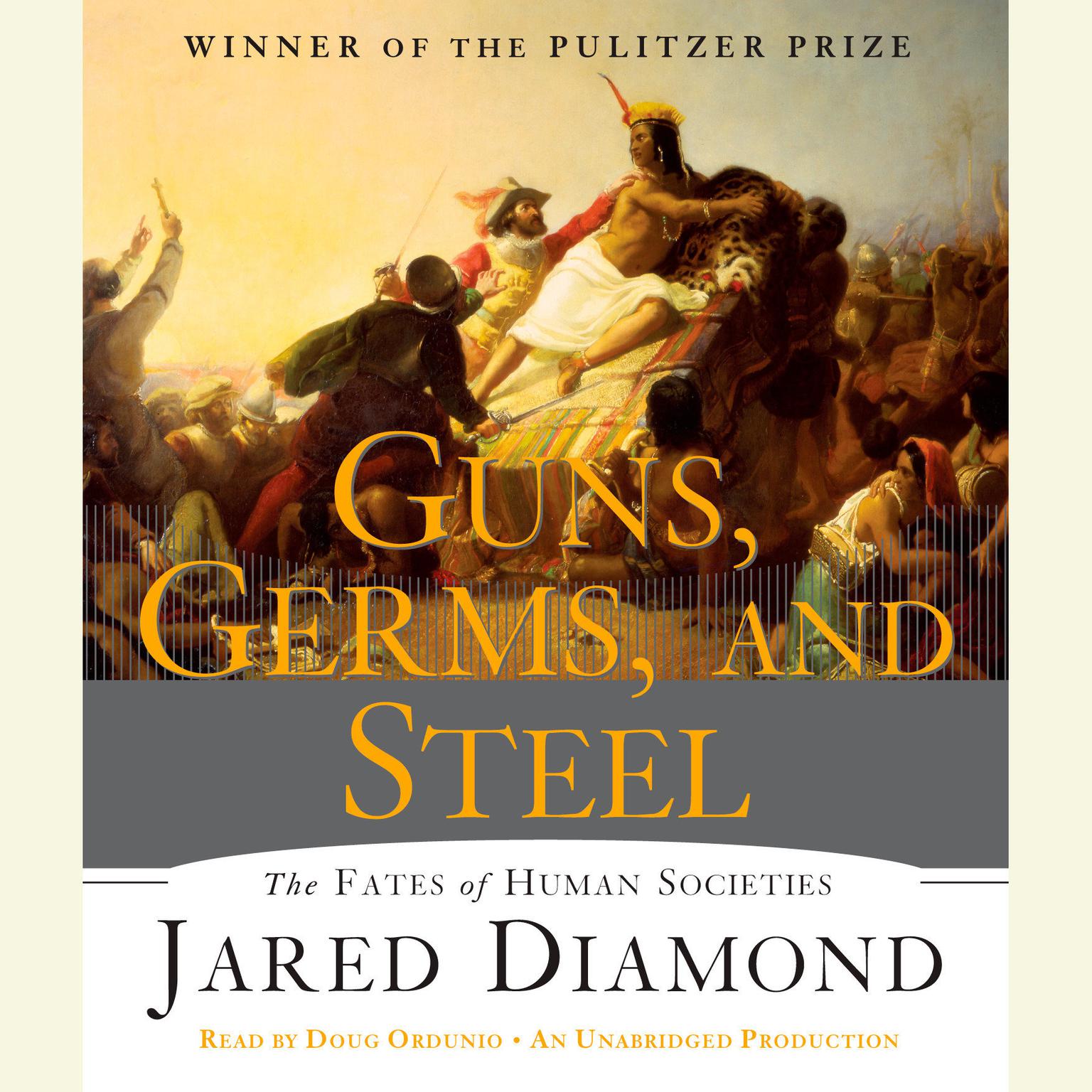Publisher Description
Misha Glenny’s groundbreaking study of global organized crime is now the inspiration for an 8-part AMC crime drama starring James Norton (War and Peace), Juliet Rylance, and David Strathairn. With the collapse of the Soviet Union, the fall of the Berlin Wall, and the deregulation of international financial markets in 1989, governments and entrepreneurs alike became intoxicated by dreams of newly opened markets. But no one could have foreseen that the greatest success story to arise from these events would be the worldwide rise of organized crime. Today, it is estimated that illegal trade accounts for one-fifth of the global GDP. In this fearless and wholly authoritative investigation of the seemingly insatiable demand for illegal wares, veteran reporter Misha Glenny travels across five continents to speak with participants from every level of the global underworld–police, victims, politicians, and even the criminals themselves. What follows is a groundbreaking, propulsive look at an unprecedented phenomenon from a savvy, street-wise guide.
Download and start listening now!
“This book will make you look differently at everything from caviar to your laptop computer screen. It will break your heart on most pages if you let it. Its tales are dark, cold, often tragic, and the vast majority of its protagonists first-class assholes. Want to be clear — it’s a fascinating read, but fascinating in the same way Powers’ A Problem from Hell or Guillermoprieto’s Heart That Bleeds are — the reader is given intimate glimpses from different places around the world at how inhumane, cruel and truly evil people can be toward one another. Every region is treated, with stories from Russia, the Balkans, Italy, Israel, India, the UAE, Pakistan, Africa, Colombia, Brazil, British Columbia, DC, Japan, China, and others. The reports on sex and labor trafficking will stay with me forever. Great reporting on Nigerian internet schemes, Chinese and Brazilian intellectual property theft, the Russian Mafia’s penetration into Israel (and everywhere else), arms trafficking into Africa, the growth of marijuana production in British Columbia, extortion in Japan, corruption in China, etc. It’s the print version of the movies Taken, Blow, Blood Diamond, Traffic, Lord of War, all rolled in to one.
A few citations below provide a better feel for it:
“The collapse of the communist superpower, the Soviet Union, is the single most important event prompting the exponential growth of organized crime around the world in the last two decades. Almost overnight, it provoked a chaotic scramble for riches and survival that saw virtually every citizen sucked into a vortex of violence…a new class of capitalists exploited the vacuum of power by seizing whole industries and raiding the state coffers.”
“Dubai had become so useful for terrorists, the super rich, the United States, dictators, Russian oligarchs, celebrities, Europe, and gangsters that, to paraphrase the nineteenth century French prime minister Talleyrand’s observation about the Hapsburg Empire, if it didn’t exist, the global elites would have to invent it.”
In the Congo: “A map of the main zones of conflict between the various armies and militias coincides with a map of the main concentration of the country’s natural resources. They pillaged anything they encountered, be it timber, gorillas (8,000 out of a population of 11,000 were slaughtered, mostly sold as bush meat), copper, diamonds, and a little known compound called coltan. Eighty percent of coltan’s global production is mined in the DRC…Coltan is an essential component in laptops, mobile phones, and video-game consoles. This begs serious questions about organized crime and its relationship to the “legitimate” economy. Ordinary people around the world may think that they have no relationship with transnational criminal syndicates, but anyone who has used a cell phone or a computer notebook in the past decade has unwittingly depended on organized crime for his or her convenience.”
“The rapacious desire to trade, to buy, to sell, to make money, long overtook any capacity of either the developed world or the developing world to regulate how one trades and how one might ensure similar ethical standards across the world. One may denounce corruption in the developing world and the developed world alike, but in the age when billionaires stalk a globe on which 50 percent of its people live on less than two dollars a day, can on really be surprised that customs officers, policemen, judges, politicians and bureaucrats are often tempted?””
—
Jeff (4 out of 5 stars)
